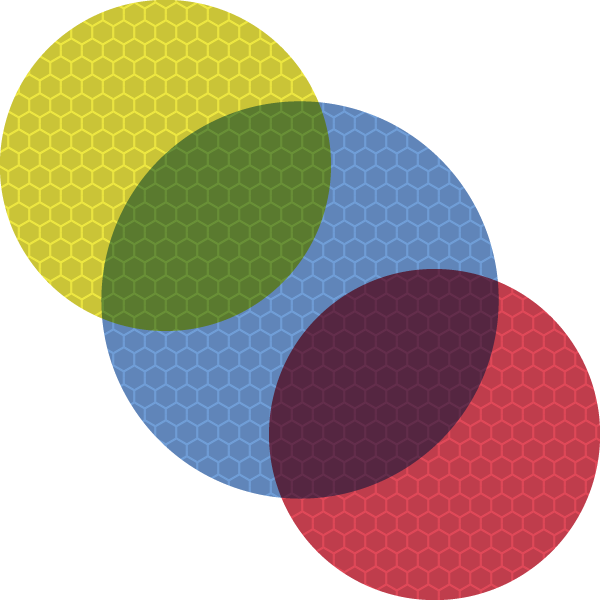1964_Sackson_051_January 31.jpg
Creator
Sid Sackson
Date
1964
Format
.jpg
Source
Box 1, Object 2, Sid Sackson collection
Item sets
Rights Statement
The Strong, Rochester, New York.
Full Metadata
 1964_Sackson_051_January 31.jpg
1964_Sackson_051_January 31.jpg
Title
1964_Sackson_051_January 31.jpg
Rights
The Strong, Rochester, New York.
Type
image
Creator
Sid Sackson
Date
1964
Format
.jpg
Language
English
Source
Box 1, Object 2, Sid Sackson collection
Coverage
1964
transcription
FRIDAY 31 JANUARY
1964 31st day - 335 days to come
Called P.A.L. Spoke to Ken Kaye. He was sorry that they
hadn't done anything with FOCUS and said that
he expects to do something with the summer pro-
gram. In the meantime, I'll take back the books.
Spoke to Shirley Anderson at V.A. She said Miss Barr
wants to test SCOPE more before submitting art-
icle to N.R.A. I'll go there Feb. 6 and 5 Red
Cross Volunteers will observe with the idea of
running games themselves.
N.Y.G.A. meeting here.
Played 4-hand PYRAMIDS. But Helen took so long
before moving that the others were bored.
Wald showed GAME OF CHANGES, played with
High Deck (See Rational Solitaire in large Card File).
When played by the three four players 8 cards are dealt to
each. Players in turn must play a card. If they play
the first card of a house it can be any one. The
four houses are kept in separate piles. When a card is
played to a pile already started it must match the
last played card either vertically ( [_] K-P-F-L)
or horizontally (i.e. _ K-V). For example if the "S"
were on top either the "V" - "C" or "P" could be played.
All cards are visible at all times, both those dealt
to the players and those played in the piles.
When a player can not play in his turn he is out
and play continues until all except one player have dropped
out; the remaining one can continue playing as long as
able. His score is all the cards remaining to the
dropped players added together and then subtracting
the cards, if any, he has remaining. Play to some a-
greed total.
When 3 play deal 10 cards to each and 2 others
to the table which are the starters of 2 piles.
If both are the same house that house remains, in
this case, with 2 piles.
When 2 play the deal is the same as for 3 hand.
Of the 3 hands one belongs to each player and
the 3rd is a dummy hand that can be played from by
either player in his turn instead of playing from
his own hand.
Theoretically the game is playable by 5 or 6 players
but has not been tried yet.
Bob showed a version of ELEUSIS he received from
Mehran Thomson, Jr., a teacher, and Bob calls it
SCHOLASTIC ELEUSIS.
One player chooses a rule and writes it on a
sheet of paper (long) which is folded over. This player
is known as "Nature". The cards are dealt out to
(cont. on 1/30)
1964 31st day - 335 days to come
Called P.A.L. Spoke to Ken Kaye. He was sorry that they
hadn't done anything with FOCUS and said that
he expects to do something with the summer pro-
gram. In the meantime, I'll take back the books.
Spoke to Shirley Anderson at V.A. She said Miss Barr
wants to test SCOPE more before submitting art-
icle to N.R.A. I'll go there Feb. 6 and 5 Red
Cross Volunteers will observe with the idea of
running games themselves.
N.Y.G.A. meeting here.
Played 4-hand PYRAMIDS. But Helen took so long
before moving that the others were bored.
Wald showed GAME OF CHANGES, played with
High Deck (See Rational Solitaire in large Card File).
When played by the three four players 8 cards are dealt to
each. Players in turn must play a card. If they play
the first card of a house it can be any one. The
four houses are kept in separate piles. When a card is
played to a pile already started it must match the
last played card either vertically ( [_] K-P-F-L)
or horizontally (i.e. _ K-V). For example if the "S"
were on top either the "V" - "C" or "P" could be played.
All cards are visible at all times, both those dealt
to the players and those played in the piles.
When a player can not play in his turn he is out
and play continues until all except one player have dropped
out; the remaining one can continue playing as long as
able. His score is all the cards remaining to the
dropped players added together and then subtracting
the cards, if any, he has remaining. Play to some a-
greed total.
When 3 play deal 10 cards to each and 2 others
to the table which are the starters of 2 piles.
If both are the same house that house remains, in
this case, with 2 piles.
When 2 play the deal is the same as for 3 hand.
Of the 3 hands one belongs to each player and
the 3rd is a dummy hand that can be played from by
either player in his turn instead of playing from
his own hand.
Theoretically the game is playable by 5 or 6 players
but has not been tried yet.
Bob showed a version of ELEUSIS he received from
Mehran Thomson, Jr., a teacher, and Bob calls it
SCHOLASTIC ELEUSIS.
One player chooses a rule and writes it on a
sheet of paper (long) which is folded over. This player
is known as "Nature". The cards are dealt out to
(cont. on 1/30)
Item sets
